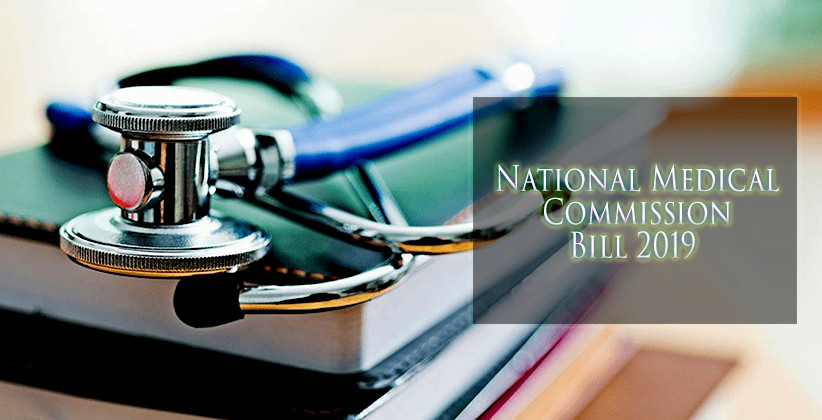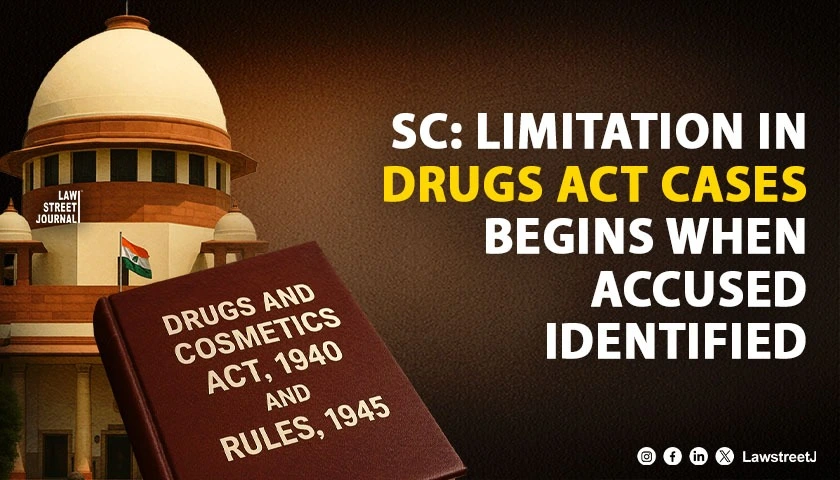The Union Cabinet on July 17, 2019, passed the National Medical Commission (NMC) Bill, 2019, which seeks to replace the 63-year-old Medical Council of India (MCI) to reform the medical sector in India, with focus on medical education.
The Bill will be introduced in the current session of parliament. In December 2017, the Bill was first introduced in Parliament, however, it got lapsed with the dissolution of the 16th Lok Sabha.
The NMC Bill proposes a common final year MBBS exam, to be known as National Exit Test (NEXT), for admission to post-graduate medical courses and for obtaining license to practice medicine. It would also act as a screening test for foreign medical graduates, official sources said.
"Currently, we are having NEET and entrance exams for AIIMS etc. Now we will also have an exit exam that will be for everyone for getting a license to practice medicine in the country," Union Minister Prakash Javadekar said during the Cabinet briefing.
"According to the amendments made in the fresh NMC Bill, entry to PG programmes will be on the basis of the results of the National Exit Test (NEXT), which will be held as a common exam across the country. So, candidates will not have to appear in a separate exam for admission to PG courses," a source explained.
The Bill provides for setting up of a 29-member National Medical Commission (NMC) in place of the MCI for development and regulation of all aspects of medical education, profession and institutions.
Moreover, it provides for setting up of a Medical Advisory Council to advise and make recommendations to the panel.
The Bill also put a cap fees on 50 percent of the seats in MBBS and PG colleges.
The NMC will have the following boards Undergraduate Medical Education Board, Postgraduate Medical Education Board, Medical Assessment and Rating Board and Ethics and Medical Registration Board. The UG and PG boards will set standards of medical education, while the Rating Board will facilitate the process of granting permissions to new medical colleges, and rank them.
"These measures through an autonomous commission will ensure a transparent admission process and also reduce admission fee, as we have long been talking about fee regulation in private colleges," said Javadekar.
"Medical colleges have to conform to standards the NMC will lay down. Once they conform and are permitted to operate, there would be no need for annual renewals. That system will end, a government source said.
In March 2016, the Parliamentary Standing Committee on Health had presented a report on MCI, calling it corrupt. Subsequently, in August that year, Prime Minister Narendra Modi set up a special panel to report on a Bill that would replace it. In 2017, the Bill was cleared and introduced in the Lok Sabha.
However, in 2018 the Indian Medical Association (IMA) protested against allowing AYUSH practitioners prescribe medicine after only a bridge course and for holding exit test after MBBS course to license pass-outs. The Bill was then sent to a parliamentary panel which rejected it. It was finally approved on July 17, 2019.
(With inputs from News 18)







